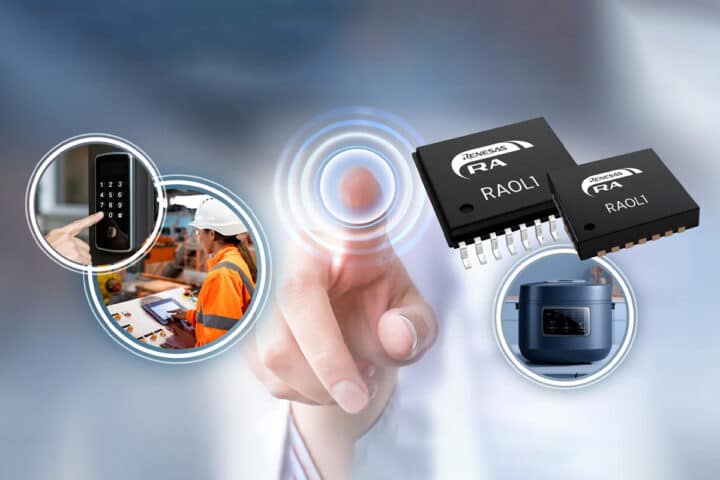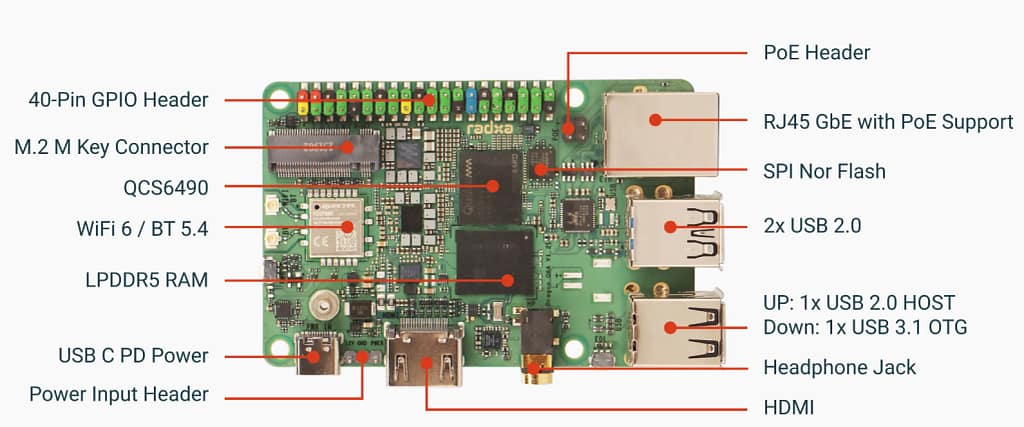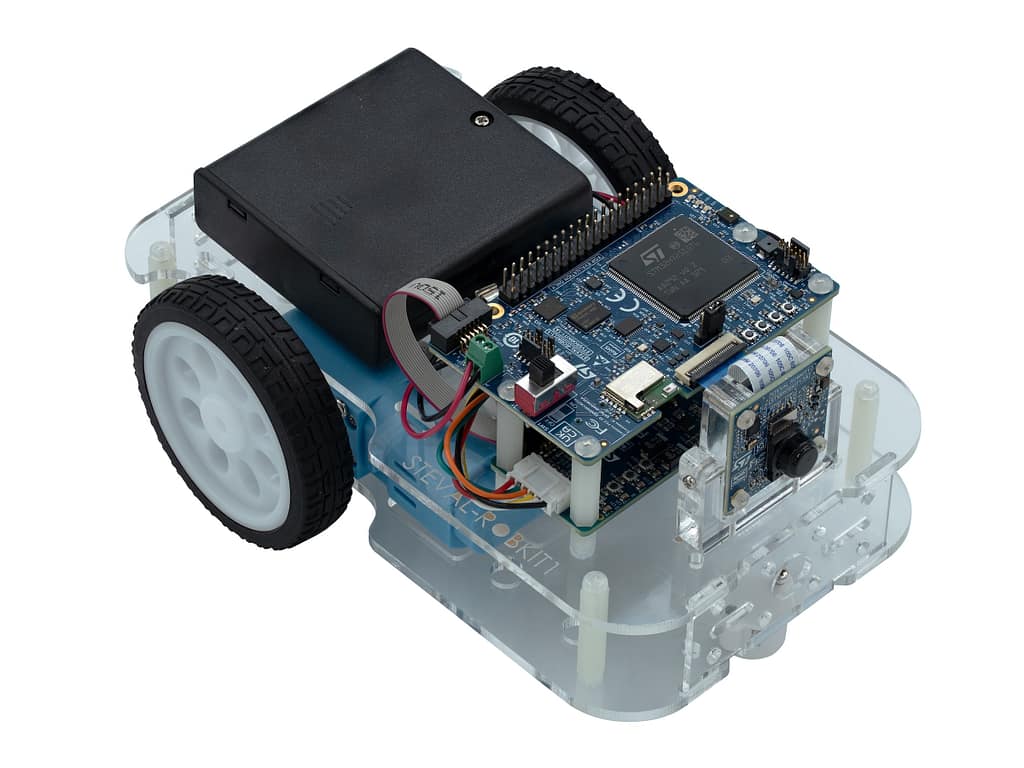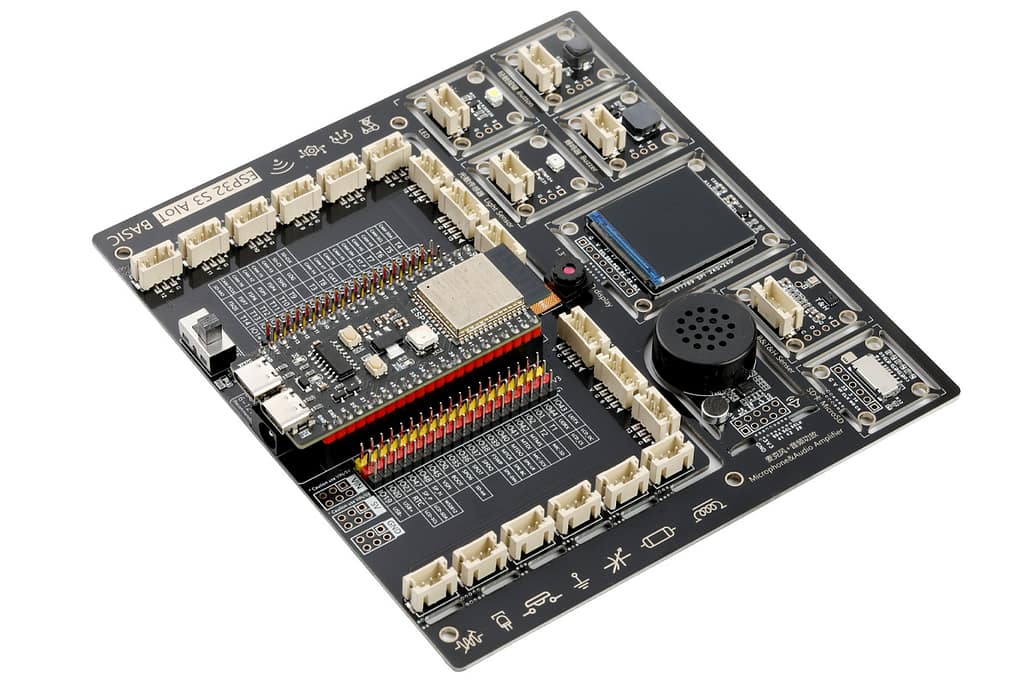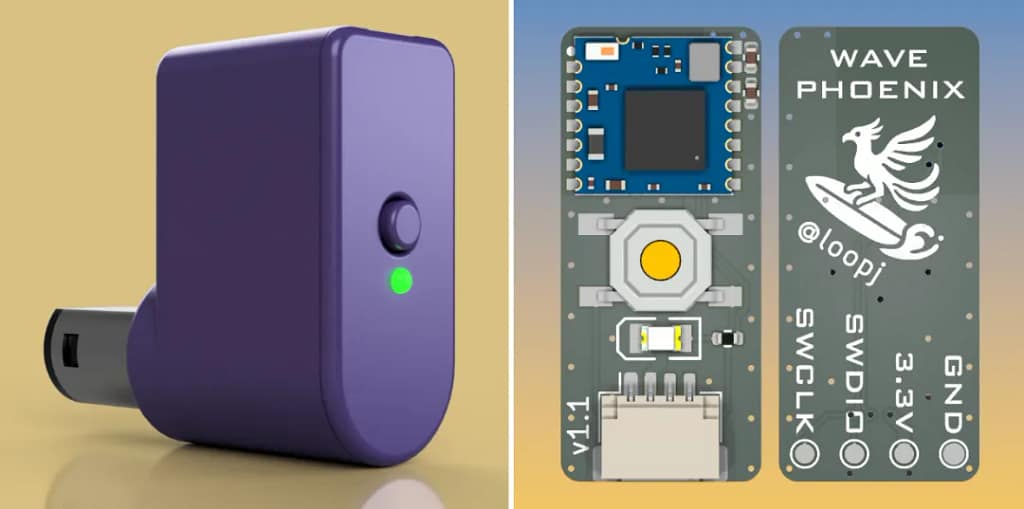On September 20, the DietPi team officially released version v9.17, introducing lighter and more efficient system images, a dual optimization for backups (“faster + space-saving”), and a new option to switch between stable and early-access builds of Roon Server. This update also fixes SPI bootloader flashing issues on Rockchip devices, improves Raspberry Pi sound card compatibility, and addresses multiple security and stability issues across tools and software packages.
About the DietPi System
DietPi is a lightweight, Debian-based operating system designed for single-board computers (SBCs) and embedded devices. It minimizes resource usage while offering automation tools and an extensive software library, striking a balance between efficiency and usability.
Key Updates in DietPi v9.17 (including August optimizations)
1. Core Enhancements
Optimized System Images
- New images no longer pre-install a filesystem journal. Instead, the journal is created automatically during the first disk expansion at boot.
- This reduces the initial image size significantly and ensures the journal scales with the actual root filesystem capacity, improving both performance and reliability.
- On first login, DietPi checks journal integrity and immediately alerts the user if any issues are found.
Raspberry Pi Sound Card Support
- Expanded compatibility with the HiFiBerry lineup, including the latest models and new overlay-splitting features.
- For users upgrading to the Linux 6.12 kernel with affected sound cards, DietPi will prompt a hardware re-selection to ensure audio works correctly after the update.
DietPi-Backup: Faster and Leaner
- Backup performance and storage efficiency are greatly improved using rsync –link-dest.
- The method creates hard links for unchanged files, maintaining the independence and integrity of each backup while eliminating redundant data storage.
- Default settings now align with upstream Navidrome, improving album artwork detection.
- In addition to embedded images and standard folder names, Last.fm has been added as a fallback artwork source for a richer browsing experience.
Roon Server: Stable ↔ Early Access Switch
- Users can now easily toggle between the stable and early-access builds of Roon Server via dietpi.txt configuration and a dedicated dialog in DietPi-Software.
- This integration brings Roon’s Early Access Program seamlessly into the DietPi workflow.
- The insecure RC4-MD5 TLS cipher suite has been removed from default configs, improving connection security and resolving related errors.
2. Bug Fixes and Stability Improvements
General Device Handling: Fixed inaccurate block device path detection when /boot was bind-mounted or part of a Btrfs subvolume, preventing bootloader flashing errors.
Raspberry Pi Desktop Login: Ensured reliable auto-login by improving LightDM compatibility with KMS/DRM under Debian Trixie.
Rockchip SPI Bootloader: Improved flashing stability by replacing the dialog utility with pre-installed whiptail and dropping unsupported flashcp -p on Bullseye.
DietPi-Config: Restored the ability to set CPU frequency limits, which had been broken since v9.13.
DietPi-Software: Fixed regressions introduced in v9.16, including:
- Software installation failures when services were masked.
- Portainer’s inability to manage the local Docker environment.
- Home Assistant installation issues with updated dependencies.
- HTML encoding errors for Icecast/DarkIce passwords containing special characters.

Beyond the major highlights, DietPi v9.17 includes performance optimizations across the codebase, visual refinements, and general stability improvements.
For the full changelog or to join community discussions, visit the DietPi GitHub repository

